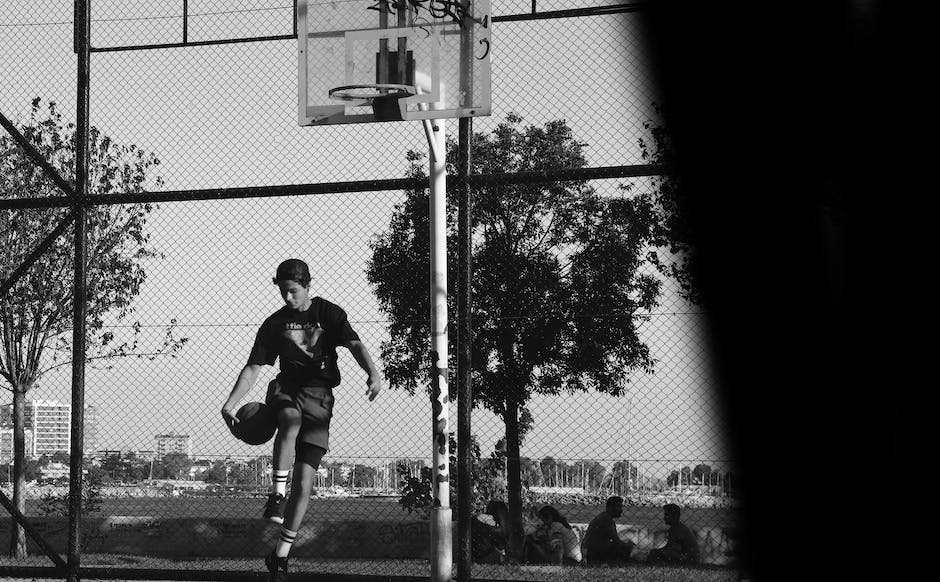The US Supreme Court heard oral arguments on February 20th in a closely-watched case concerning the scope of Section 230 of the Communications Decency Act, which has been credited with enabling the internet as we know it today. The provision protects internet platforms from legal liability for user-generated content posted on their sites, as well as the platforms’ decisions about how to moderate that content. The case, Google v. Gonzalez, concerns whether YouTube’s algorithmic curation of videos for individual users constitutes a content creation function that would fall outside the scope of Section 230’s immunity. Google, which owns YouTube, argues that the algorithmic curation of content is simply an automated decision-making process, and that the company is therefore immune from liability for decisions made by the algorithm. Gonzales, the plaintiff in the case, argues that YouTube’s algorithmic curation is a content creation function that is separate from the immunity granted by Section 230. Gonzales brought the case after his son was shot and killed by a gang member who had been inspired by videos on YouTube. During the oral arguments, several of the Supreme Court justices appeared skeptical of Google’s argument that the algorithmic curation of content is a neutral, automated decision-making process. Some justices questioned whether the algorithm was, in effect, making editorial decisions about which videos to recommend to users, which could fall outside the scope of Section 230. However, some justices also expressed concern that a decision in Gonzales’ favor could open up platforms to an unmanageable flood of lawsuits, potentially stifling free speech on the internet. The outcome of the case could have far-reaching implications for the future of the internet. If the Supreme Court were to rule that algorithmic curation of content falls outside the scope of Section 230’s protections, internet platforms would be forced to reevaluate the role of their algorithms in content curation and face increased legal exposure for user-generated content. Such a ruling could also prompt Congress to revisit and potentially revise Section 230, which has come under increasing scrutiny in recent years amid concerns about the spread of disinformation, hate speech, and other forms of harmful content online.This case is not the first time the Supreme Court has taken up the issue of Section 230, but it is the first time the court has heard arguments on the matter. The case is being closely watched by legal scholars, tech companies, and free speech advocates, who all have a stake in the outcome.




